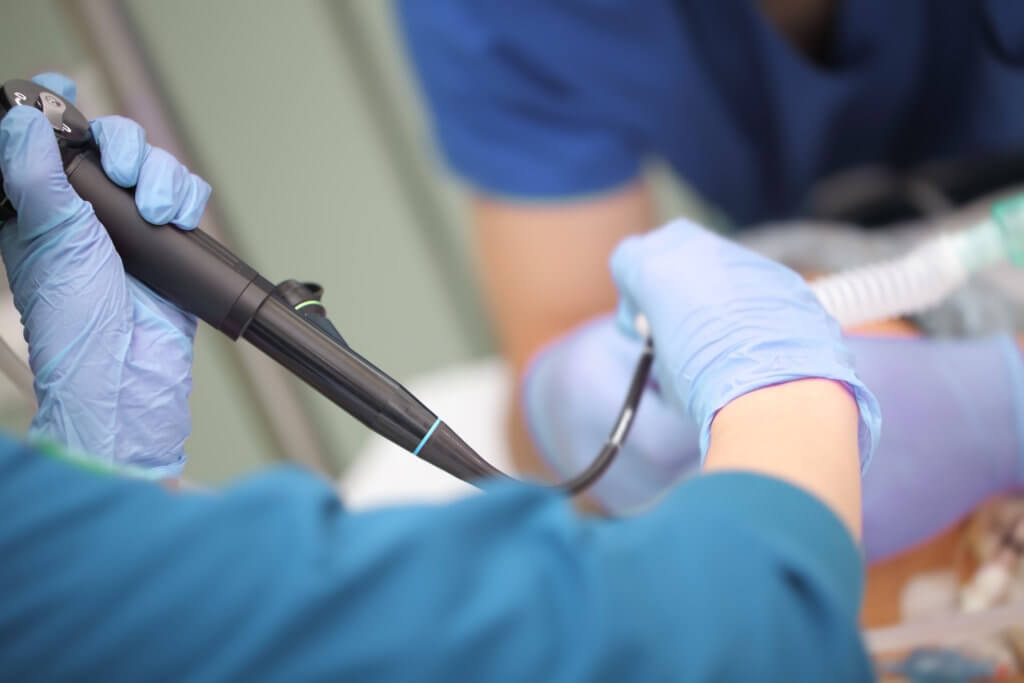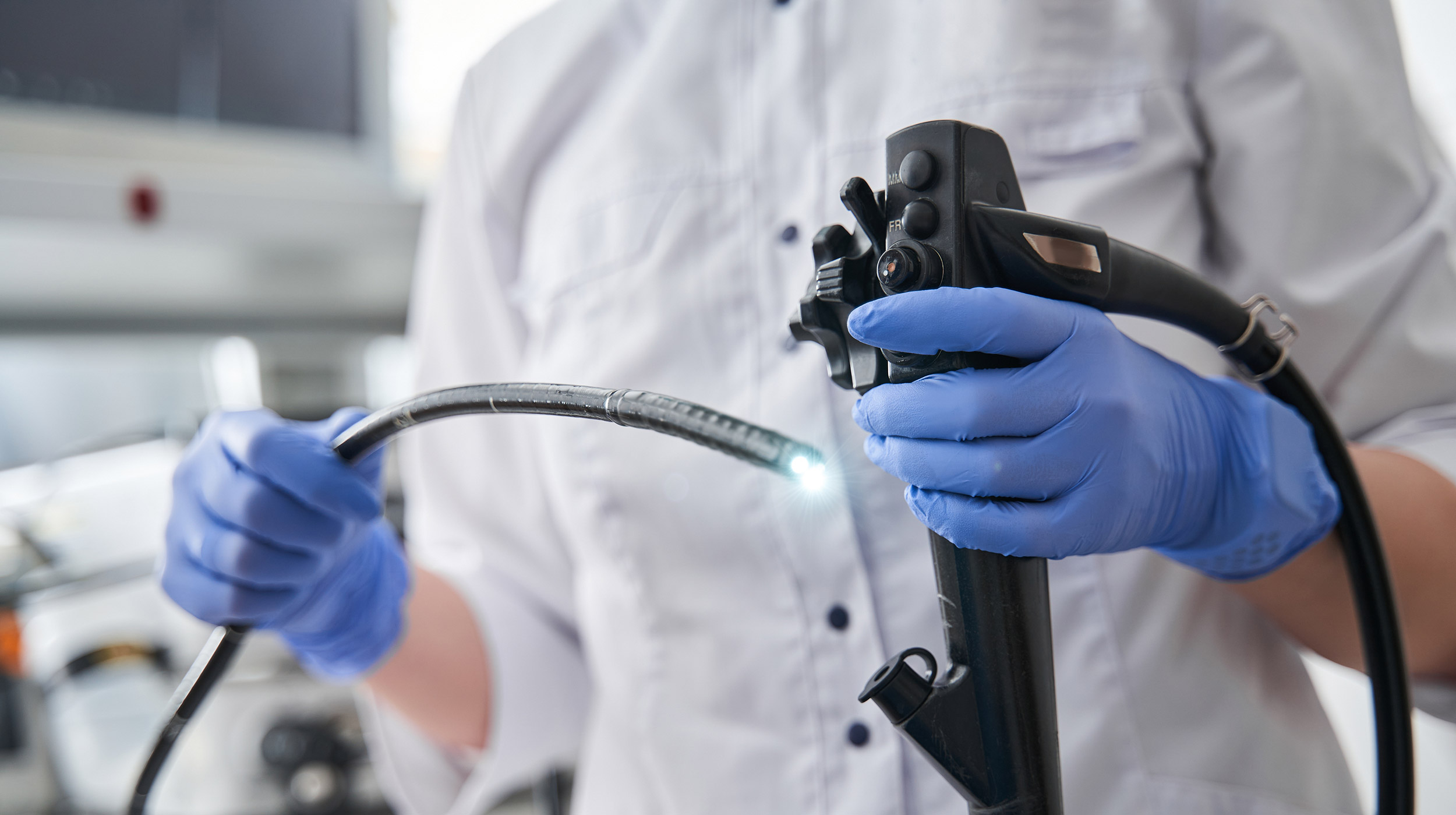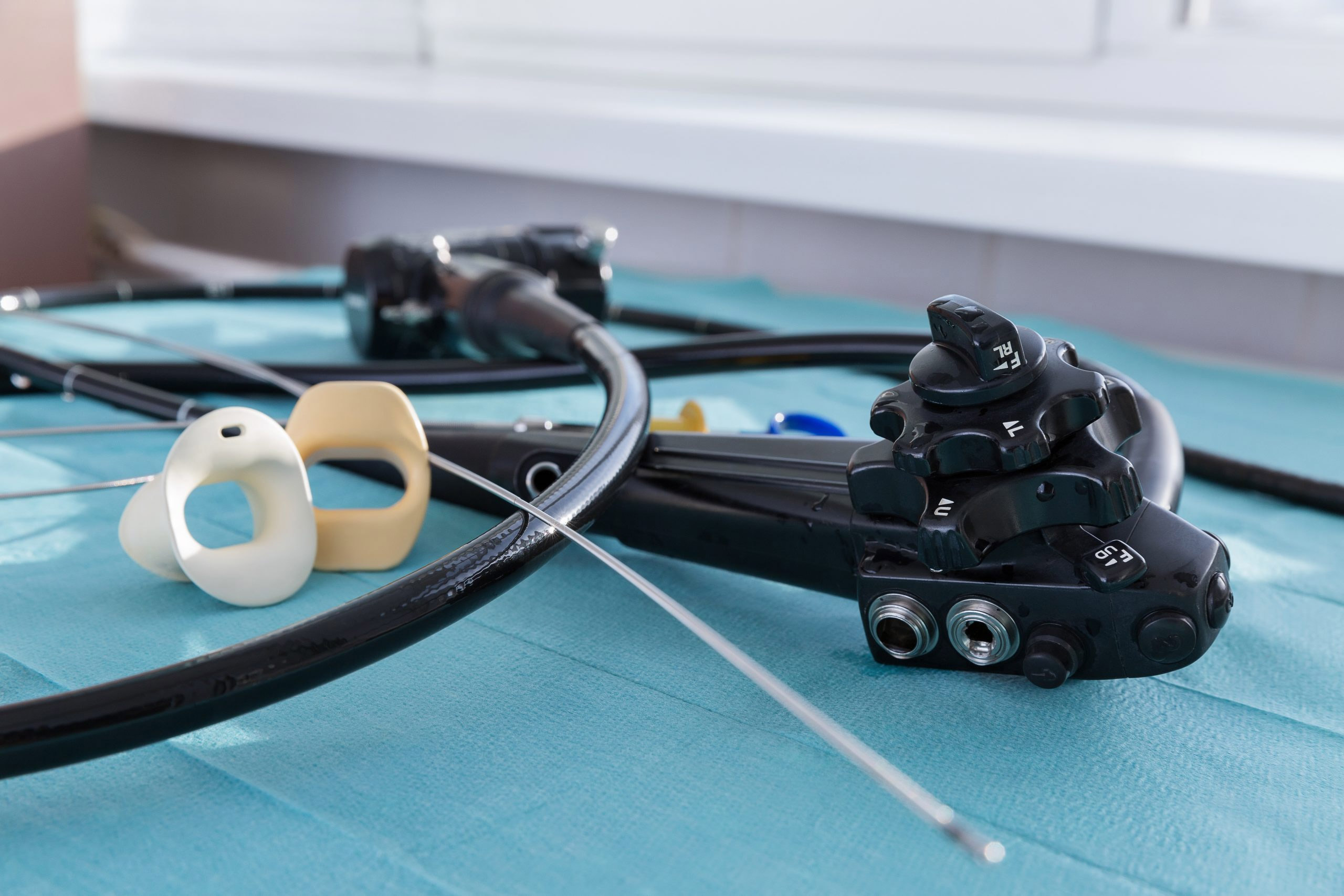
A group of researchers in Spain recently examined patient preferences for a single-use cystoscope versus a reusable counterpart and also gauged their willingness to pay for a procedure.
Patients said they preferred to undergo a cystoscopy procedure with a single-use cystoscope on the same day as their consultation instead of waiting, which researchers say sometimes causes anxiety. Eighty-eight percent of participants surveyed say they prefer their doctors use a single-use cystoscope during a cystoscopy procedure over a reusable cystoscopy, according to the research, published in Research and Reports in Urology Journal.
Researchers conducted a survey accessing four attributes related to cystoscopy procedures that participants were willing to pay for:
1. A willingness to pay to proceed directly to cystoscopy procedure directly after consultation
2. A reduction in the negative environmental impact from high to neutral
3. A reduction in the risk of contamination during a cystoscopy from 12 to 6 percent
4. The reduction in the risk of cancelation from 12 to 6 percent
A common concern, cited by 58 percent of the patients who participated in the survey, was the environmental impact of single-use cystoscopes.
Information about the environmental impact of single-use compared with reusables is limited, according to the study’s authors. However, a recent study comparing the carbon footprints of reusable and single-use flexible ureteroscopes found the two to have comparable environmental impacts.
Three hundred patients (148 women and 150 men) who had previously undergone a cystoscopy were surveyed electronically.


